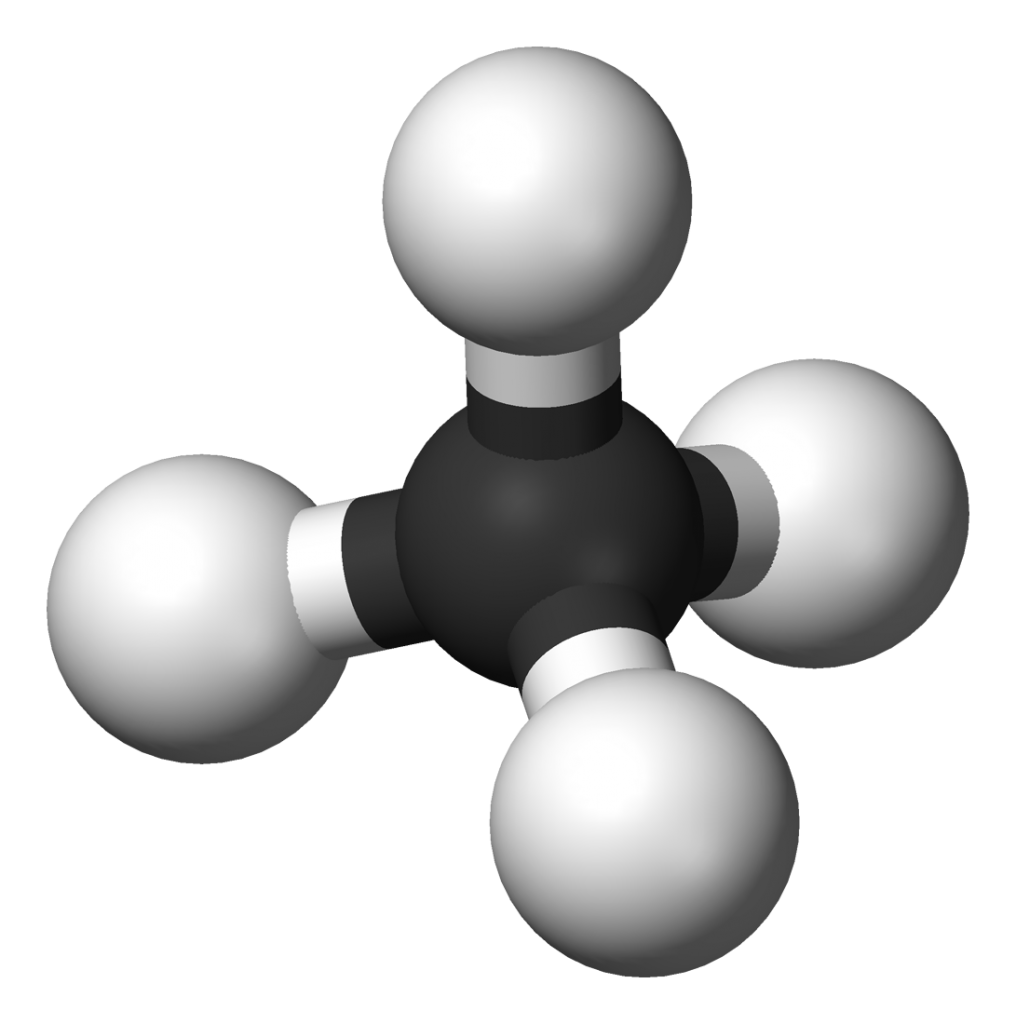How Hot It Gets Vs. How Fast: Understanding The Two Kinds Of Climate Pollution
 By Ilissa Ocko and Steven Hamburg
By Ilissa Ocko and Steven Hamburg
A new study published in Nature Climate Change has caused some misunderstanding about the role short-lived climate pollutants like methane play in climate action, with some going as far as to argue that people are placing too much emphasis on methane. In fact, the analysis does far less to disrupt current thinking than these observers have suggested.
The study led by Myles Allen of the University of Oxford with five colleagues from around the globe is entirely consistent with the substantive scientific view that our best chance to limit warming and reduce its damages is to aggressively reduce emissions of both long-lived (i.e. carbon dioxide) and short-lived (i.e. methane) climate pollutants simultaneously, in order to reduce both the magnitude and the rate of warming.
The study focuses only on the first of these two metrics of climate change, the long term magnitude, based on the authors’ stated assumption that the primary goal of climate policy is to limit “peak” warming (consistent with the Paris Agreement to keep global average temperature change well below 2ºC). Because carbon dioxide determines peak warming, the study is an important reminder that stabilizing climate requires progressive reductions of CO2 and other long-lived climate pollutants.
Unfortunately, some have interpreted the study to mean we should reduce focus on short-lived climate pollutants. However, the authors explicitly say that this is not the case. Indeed, they make clear the point is to articulate the roles of both short- and long-lived climate pollutants in limiting peak warming, such that countries are provided clarity when crafting strategies to satisfy their Paris commitments.
AND not OR
Short-lived climate pollutants (SLCPs) and long-lived climate pollutants (LLCPs) impact the climate in fundamentally different ways.
For example, the most prominent SLCP, methane, is 84 times more powerful at absorbing heat than the most prominent LLCP, carbon dioxide over the twenty years after they are emitted. However, methane only lasts in the atmosphere for around a decade, whereas a large fraction of carbon dioxide can last virtually forever. Therefore, methane strongly influences warming over a relatively short period before it degrades into other compounds, while CO2 accumulates in the atmosphere to commit our planet to warming for centuries.
In other words, long-lived climate pollutants dictate how warm the planet gets, while short-lived climate pollutants determine how fast the warming happens.
While reducing peak warming is critical for stabilizing climate for generations to come, reducing the rate of warming could have real benefits during our lifetimes, as long as it does not jeopardize longer term goals. For example, less destructive storms and more productive crops within the next two decades is unambiguously beneficial.
As Myles Allen noted in an email exchange, “It’s true that if we fail to control CO2 and other long-lived climate pollution over the next few decades, then today’s short-lived climate pollutants like methane will have very little impact on peak warming. But the more we reduce CO2 emissions over the coming decades, the more important methane and other short-lived emissions become in determining where we ultimately land. In that sense, methane and CO2 reductions eventually go hand-in-hand, but CO2 shows the way.”
Short-lived climate pollutants and peak warming
Adding to potential confusion, the study evaluates short-lived climate pollutants in the context of peak warming, rather than rate of warming. The authors find that reductions in SLCPs can also play a significant role in reducing peak warming, provided that we are able to sufficiently and simultaneously curb CO2 emissions within the next several decades.
Conversely, the study also suggests that if reductions in short-lived climate pollutant emissions are pursued without simultaneous and rigorous reductions in CO2 emissions, they will have a minimal impact on peak warming.
We need both, now
Because of the outsized influence short-lived climate pollutants have on the rate of warming (as well as their impacts on air quality), the study expressly affirms the value in reducing their emissions, irrespective of the impact on peak warming.
However, the study clearly reiterates that recent attention to short-lived climate pollutants should supplement, and not substitute or delay, efforts to mitigate long-lived climate pollutants.
As the authors say in their blog post:
“…the simplest option is for countries to specify, separately, how and when they propose to reduce emissions of CO2 to net zero, which is ultimately needed to stabilise the climate, as well as how they propose to control the rates of emissions of all greenhouse gases in the meantime.”
This is why we at EDF have been ardent supporters of the Clean Power Plan, stringent fuel economy standards, net-zero deforestation, and carbon markets, all of which address long-lived climate pollution. At the same time, we also advocate sustained reductions in emissions of methane and other short-lived climate pollutants to slow the rate of near-term warming.
To address the full range of adverse impacts from climate change, we need to reduce CO2 emissions AND lower emissions of non-CO2 climate pollutants.











